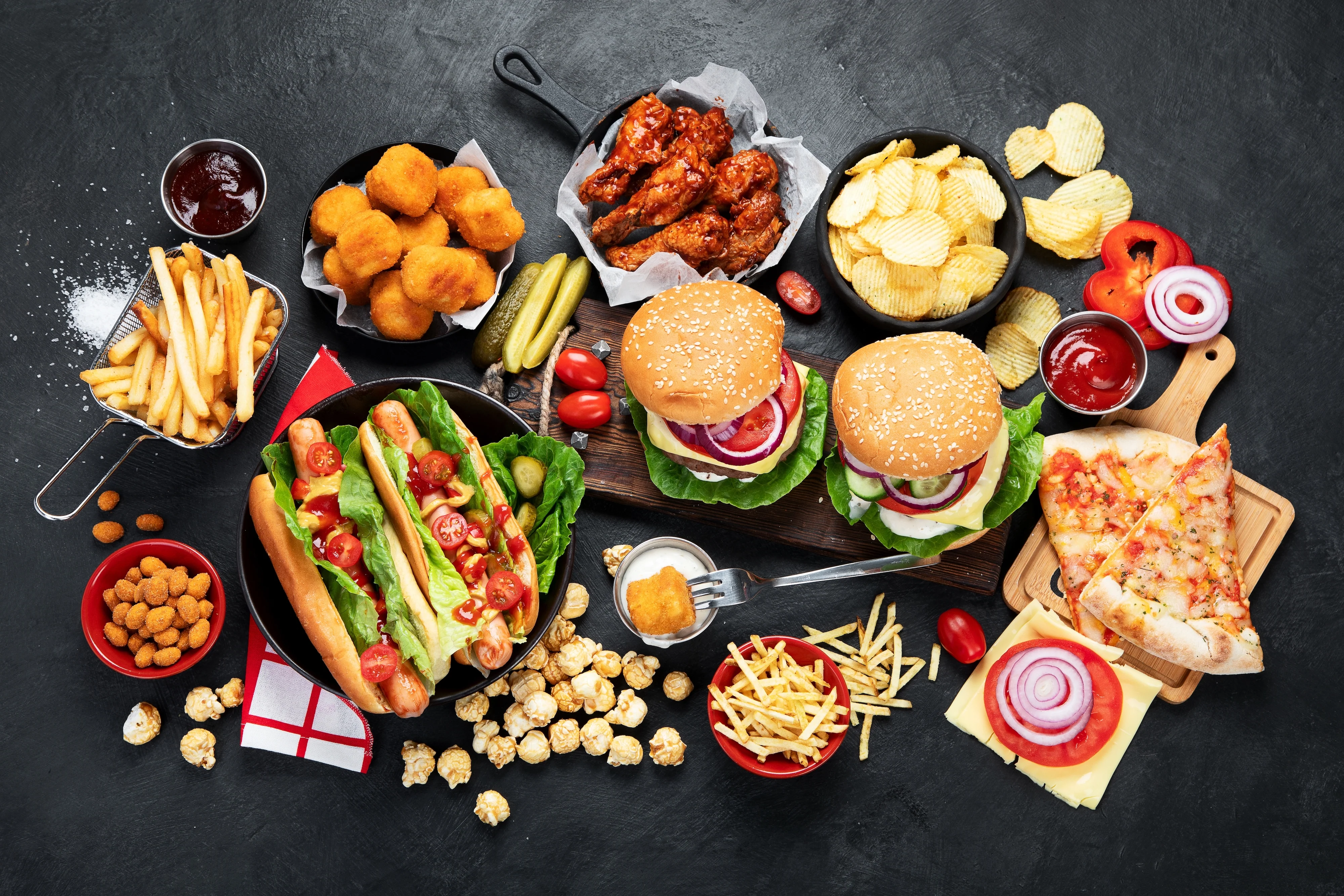
The invisible enemy: microplastics in the body
There may be an unnoticed danger hidden in our everyday consumption of food: tiny microplastic particles. These plastic fragments, invisible to our eyes, find their way into food or even drinking water every day and ultimately into the body.
The initial research results are startling because they suggest that microplastics can trigger inflammation and cause oxidative stress reactions in mice. Furthermore, they show that these tiny plastic particles accumulate in the organs of animals.
Plastic in our bodies: An alarming reality
Larger plastic products such as shopping bags and water bottles break down into microplastics over time, with influences such as sunlight and water breaking down plastics that escape waste management to microscopic size. Everyday products such as cosmetics, synthetic fabrics and single-use plastic bags also release plastic particles, which then enter the body through water, air and the food chain.
The production of plastic has increased exponentially, reaching over 460 million tons in 2019. A 2019 analysis by the conservation organization World Wildlife Fund (WWF) found that people are estimated to ingest around five grams of plastic per week, the equivalent of the weight of a credit card.
Researchers around the world are studying the health effects of microplastics. Studies show that microplastics are widespread. In 2018, 93 percent of bottled water tested contained microplastics, according to research published in the journal Frontiers in Chemistry.
Dr. Christopher Palmer, a professor at Harvard University, emphasizes that microplastics are largely unavoidable in today's world. It is present everywhere, even in the snow on the summit of Mount Everest. Even children born today are exposed to microplastics in the womb. A small study of six human placentas found microplastics in all tissues examined.
A 2022 study published in Environment International showed that of 22 people tested, most had detectable microplastics in their blood.
Research links plastic chemicals like phthalates and bisphenols to conditions like obesity and diabetes, which may be caused by inflammation and hormonal imbalances.
It is also worth noting that even surgical procedures can introduce microplastic particles into the bloodstream and organs.
A Chinese pilot study from 2023, published in “Environmental Science and Technology,” discovered microplastics in the subjects’ heart muscle tissue. Researchers collected and analyzed blood samples from 15 patients before and after heart surgery. Nine types of microplastics were found in five different tissue types. After the operation, the plastic particles were smaller and more diverse in composition. The invasive procedures also appear to introduce microplastics into the bloodstream, from where the particles find their way into the innermost tissue of the heart.
Tips for everyday life with less plastic
Although microplastics surround us every day, we can take decisive steps to reduce these common plastic particles in our personal lives. These include the following measures:
- Stainless steel water bottles can provide a sustainable alternative to plastic bottles.
- Take canvas or cotton bags with you when shopping.
- Instead of drinking coffee in a paper cup at the local coffee shop, you can bring your own reusable cup. After just 15 minutes, hot drinks dissolve the coating in paper cups and release tens of thousands of plastic particles .
- Since animals, livestock and some farmed fish are fed feed pellets that may also contain microplastics, consumers should choose high-quality organic meat as often as possible.
This article first appeared on theepochtimes.com under the title “The Potential Impact of Microplastics on Major Organs, Including the Brain: What Science Says” (German edit kr)








